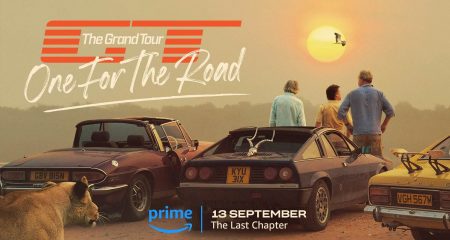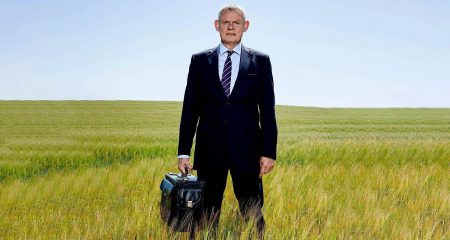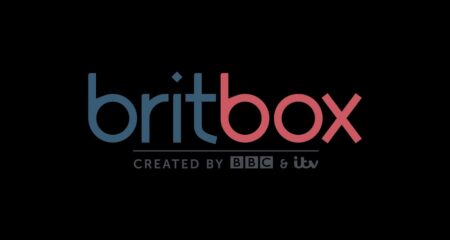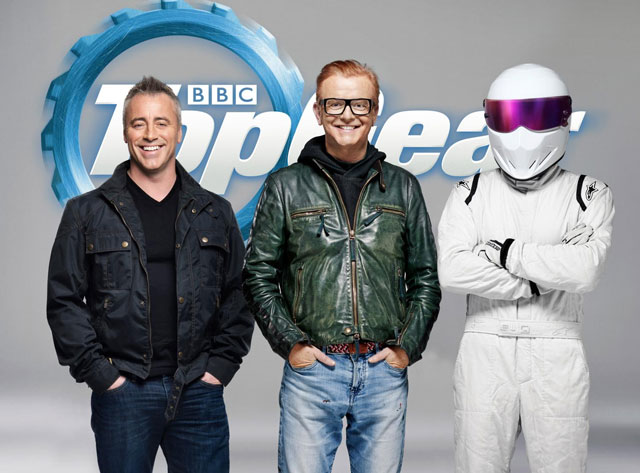
An episode of Doctor Who, one of the BBC’s other flagship shows, once saw Clara Oswald jumping into the Doctor’s time stream, getting split up into multiple versions of herself across the fabric of time and space. “The soufflé”, she explained in her moment of self-sacrifice, “is not the soufflé … The soufflé is the recipe.” In other words, the makings of a person are not some pre-formed, defined absolute. It is the little components of life all added together that make us who we are.
With Jeremy Clarkson unceremoniously sacked from Top Gear after a notorious “fracas” with a producer last year, the same approach might apply to the motoring show’s future. Was the success of Top Gear a result of some pre-formed, defined brand, or was it the chemistry of its hosts that made up its secret recipe? Based on the initially scathing reaction from viewers, we can certainly hazard a guess. And although viewing figures were lower than hoped, new host Chris Evans responded by tweeting a more positive set of numbers.
Those criticising Evans for sticking too closely to the rhythms of the Clarkson, Hammond and May version, may be forgetting quite how much is at stake for the BBC. Top Gear is indeed a brand, and a global one at that. The magic formula so famously fronted by Clarkson et al has spawned not just high-rated television, but successful stage shows, high-selling toys and games, and popular magazines and DVDs. Heck, there’ll even be a BBC theme park with Top Gear attractions in 2020.
Perhaps unsurprisingly, then, this new Top Gear is not very new at all. Less of a reboot or re-brand, Evans’s Top Gear is a re-launch. Like a new chef using the same recipe to try and make a dish that will taste much the same as the old one.
Familiar staples such as the Stig, chases, tests, reviews framed against scenes of spectacle, celebrities racing around tracks, and even talk of “Gambon corner” and “the producers” are all back — as are, of course, an idolising of stylish sports cars.
But the problem is that cars were never the main ingredients of Top Gear. The recipe was really one of male comrades being silly, with its peppering of banter, competition, races and pithy, blokish humour arguably what made the motoring show a global hit and one of the BBC’s biggest exports. It was more sitcom than car show.
So hiring Friends star Matt LeBlanc — one of the most globally recognised sitcom stars — as co-presenter makes some kind of sense. Many of the ingredients that make up the Top Gear brand are still present and correct, and yet some are clearly absent. The pre-broadcast publicity emphasised the “bromance” and sense of camaraderie that was often so infectious in the days of Clarkson, Hammond and May. But the relationship between Evans and LeBlanc seems forced, stilted and, well, unnatural.
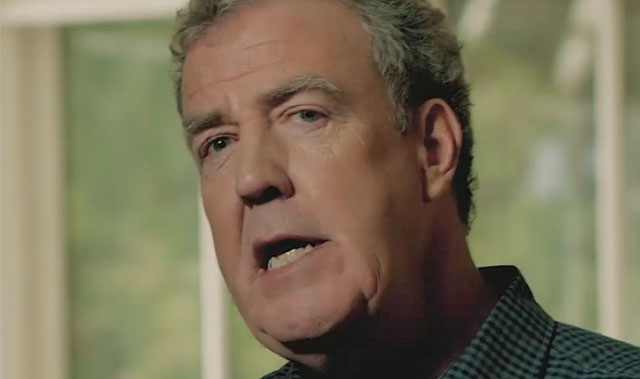
LeBlanc does improve when he’s on his own. The short film during which he races to avoid the snaps of the paparazzi is fun, lively and, as a Top Gear segment, business as usual. But the new duo of Evans and LeBlanc do seem rather content mimicking the style and mannerisms of the three stooges of old, whether it’s the attempts at pithiness in the intro or the emphasis on jokey one-upmanship during the films — it’s hard not to picture Clarkson et al saying these lines, and doing these challenges.
The road ahead
Evans is clearly having fun in his new role, bringing an almost puppy dog level of enthusiasm. In the studio setting, he’s often funny, and is at total ease during the refurbished “star in the reasonably priced car” section. Now, we have two celebs interviewed rather than one, with off-road sections added to the track as Gordon Ramsay and Jesse Eisenberg both competed against the clock.
Evans arguably comes across as far more natural and polished in this segment than Clarkson ever did — his organic, well-versed interview skills here providing Evans with a moment to calm down and stand apart from his predecessor.
And yet the notably strange mismatch of the episode’s two celebrity guests is itself emblematic of the mismatched presenters, with the lack of on-screen chemistry between Evans and LeBlanc ultimately tainting the enjoyment of the admittedly well produced and beautifully photographed film segments, one of which sees the duo embarking on a series of UK- vs US-themed challenges across Blackpool.
But whether it’s down to LeBlanc’s sleepy voiceover delivery, Evans’s slippage into Clarkson imitation, or even the rumoured reports of behind-the-scenes fall-outs between the pair, it’s hard to imagine Evans and LeBlanc enjoying a pint together. And without that natural charm and infectious company that was surely the key ingredient behind Top Gear’s success, it remains to be seen whether the cars themselves can really carry the brand. The soufflé is not the soufflé — the soufflé is the recipe.![]()
- Matthew Freeman is senior lecturer in media and communication, Bath Spa University
- This article was originally published on The Conversation


